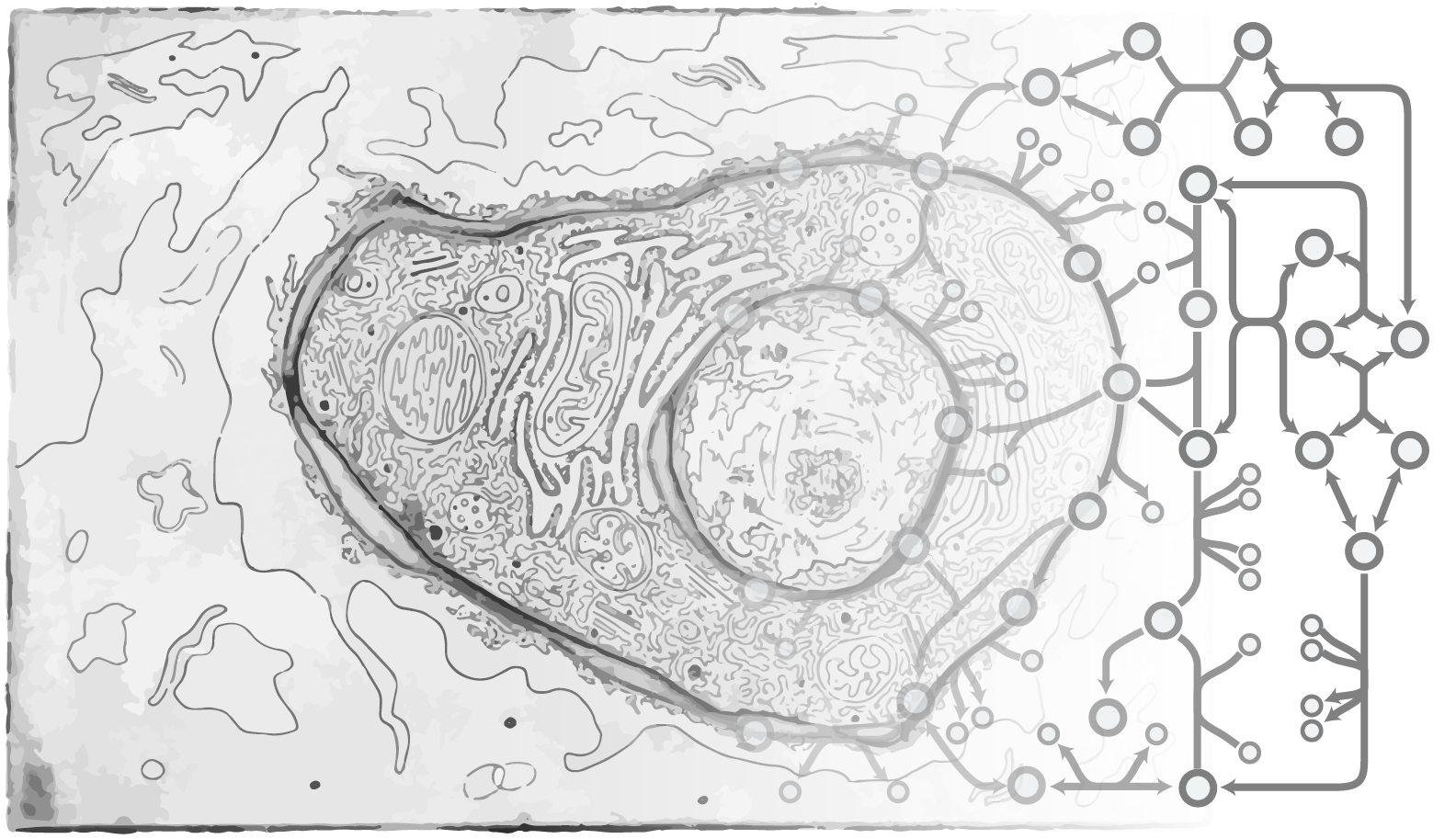We are hiring at UGA
We often have openings for graduate students and postdoctoral fellows in computational systems biology and wet-lab work in omics and cell engineering. A few examples of positions in the past are listed below. If you are interested, please email us at natelewis3 at gmail or natelewis uga edu
Mammalian Synthetic Biology and Elucidation of Cytokine Networks
Mammalian cells communicate through the synthesis, secretion and reception of diverse secreted proteins. However it remains unclear how these proteins are synthesized. We are seeking exceptional candidates interested in mapping out the complex networks of protein machinery used by immune cells to synthesize and secrete cytokines and other secreted proteins to inform synthetic biology of mammalian cells. The researcher in this position will ideally have experience with diverse skills in molecular biology, mammalian cell culture, and genome editing of mammalian cells. The researcher will work as part of a dynamic team of outstanding graduate students, postdocs, and other researchers focused on the development of wet lab resources for synthetic biology and computational modeling tools for guiding efforts to engineer cytokine secretion and control cell-cell communication. She or he will be expected to take the lead in preparing manuscripts, presentations, and patents. Interested candidates are encouraged to contact Nathan Lewis at natelewis uga edu.
Computational and Biochemical Tools for Glycoanalytics at UC San Diego
Glycans coat cells and many proteins used for a cell to interact with its environment. While these complex carbohydrates mediate the diverse range of cellular interactions, it remains difficult to study glycans. Here at UCSD we are developing novel computational and biochemical tools to study glycobiology. We have openings both in the computational and wet lab areas for postdoctoral or graduate student researchers to join our group and help develop these innovative technologies and thus shed light on diverse fields including immunology, vaccine development, microbiome research and cancer biology. If you are interested in joining us through this, please contact me at natelewis uga edu, along with sharing your CV.
Computational Modeling and Optimization of Virus Production
Viruses harness host cell machinery and resources for their replication but the details of the process remain vague. This is a challenge in biotechnology since viruses are critical products enabling gene therapy. Here we have been developing diverse classes of computational models to map out the biosynthetic processes in mammalian cells, and we are seeking skilled computational biologists interested in developing complex computational models of the processes involved in virus synthesis. The researcher in this position will ideally have experience with diverse computational modeling frameworks such as machine learning, constraint-based modeling, or probabilistic modeling, along with basic understanding of mammalian cell biology. The researcher will work as part of a dynamic team of outstanding graduate students, postdocs, and other researchers focused on computational biology, along with collaborators in academia and/or industry focused on the generation of rich datasets that will be integrated with the models or used as validation. She or he will be expected to take the lead in preparing manuscripts, presentations, and patents. Interested candidates are encouraged to contact Nathan Lewis at natelewis uga edu.
Algorithms for elucidating cell-cell communications from single cell omics
Underlying all biological responses is communication between cells. One primary challenge is identifying who is talking to whom, and what are they saying. We are developing methods to untangle the various messages using single-cell omics and applying these to neurodevelopmental disorders, hematopoiesis, immune responses, and therapeutic cell engineering. We are looking for a Master’s student to work with us in advancing our algorithms to decipher changes in cell-cell communication across time, space, and disease severity. Specific tasks will include:
* Improving the underlying biological theory of communication inference
* Developing new methods to resolve temporal dynamics of cell-cell communication
* Validating and implementing these methods for widespread use by others
For this project, the ideal candidate will have experience with Python, analyzing NGS technologies, and basic knowledge of molecular and cell biology. The work will also be a team effort with other students and researchers in the Lewis lab. Interested candidates are encouraged to contact Nathan Lewis at natelewis uga edu.
Systems Glycobiology at UGA
We have an opening for a postdoctoral researcher to join our group, and are seeking one who is skilled in gene regulatory network analysis, interpretation of pooled CRISPR screens, or metabolic network analysis. In our lab, over the past few years, we have been developing novel systems biology approaches to address fundamental questions in the glycobiology community. This field is of prime importance since glycans are found on more than half of the proteins synthesized by mammalian cells and these glycans play an essential role in diverse range of processes including cell adhesion and migration, cell-cell communication, host-pathogen interactions, and protein folding. The complexity of these carbohydrate moieties and their synthesis has made them very difficult to study, despite their importance. However, here we have been taking a number of computational and experimental approaches to unravel their biosynthetic pathways, identify the regulators of their biosynthesis, and elucidate their biological importance. The postdoctoral fellow that we’re looking for would aid in the discovery of regulators through the analysis of pooled genome-wide CRISPR screens we have conducted and other types of genomic data (e.g., ENCODE, etc.). Optionally, the fellow could also contribute to our work in which we are developing methods, adapted from metabolic modeling and machine-learning approaches, to model the synthesis and regulation of glycans. If you are interested in joining us through this, please contact me asap, along with sharing your CV.
